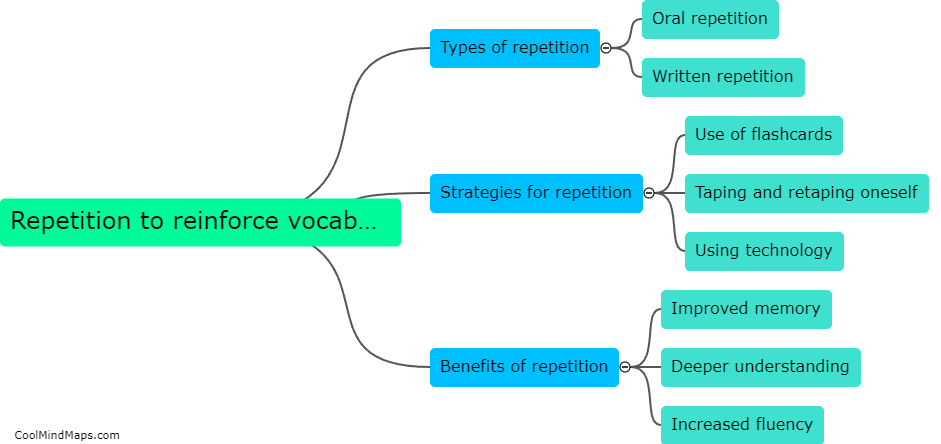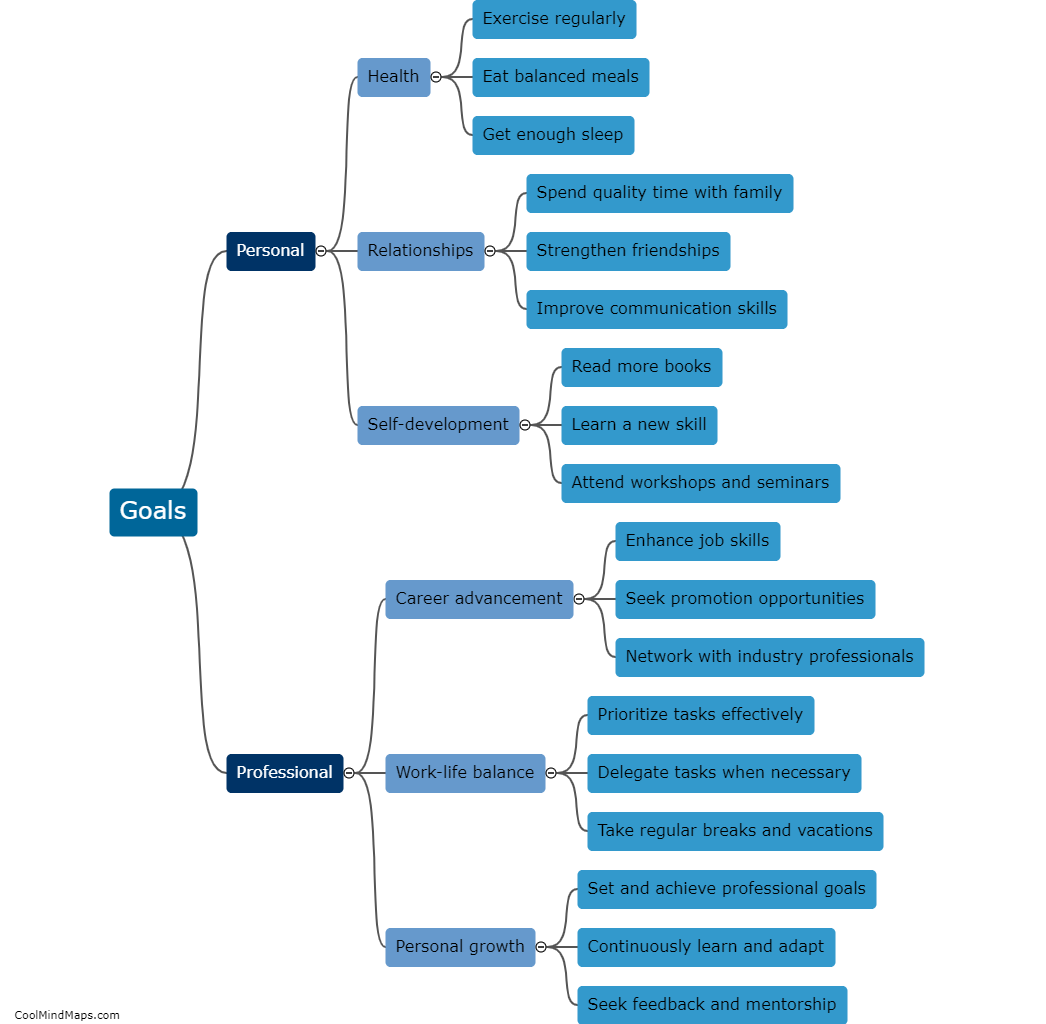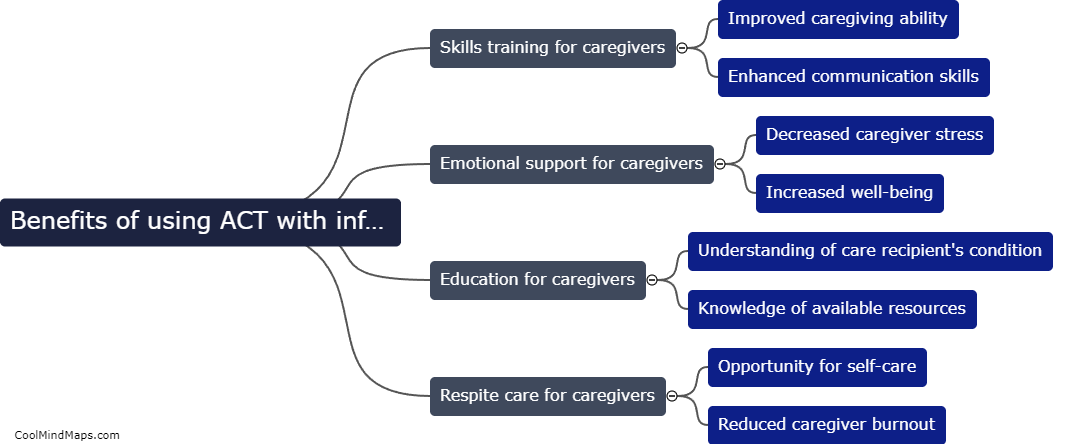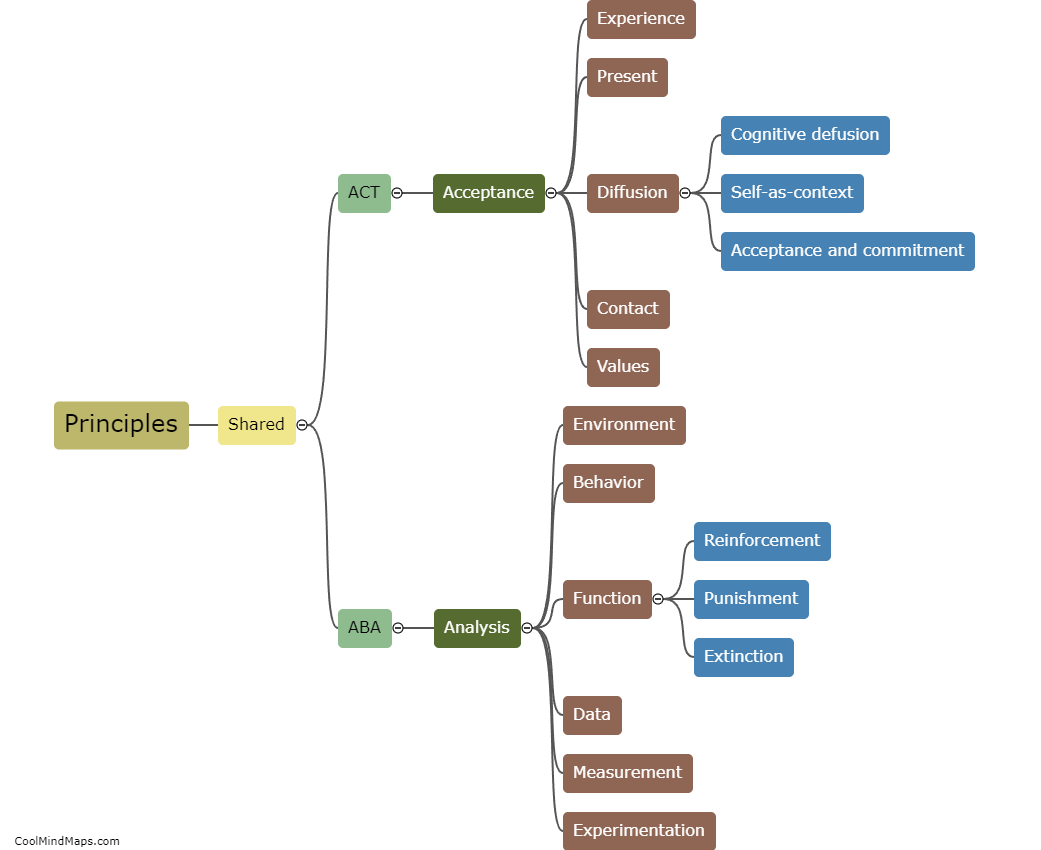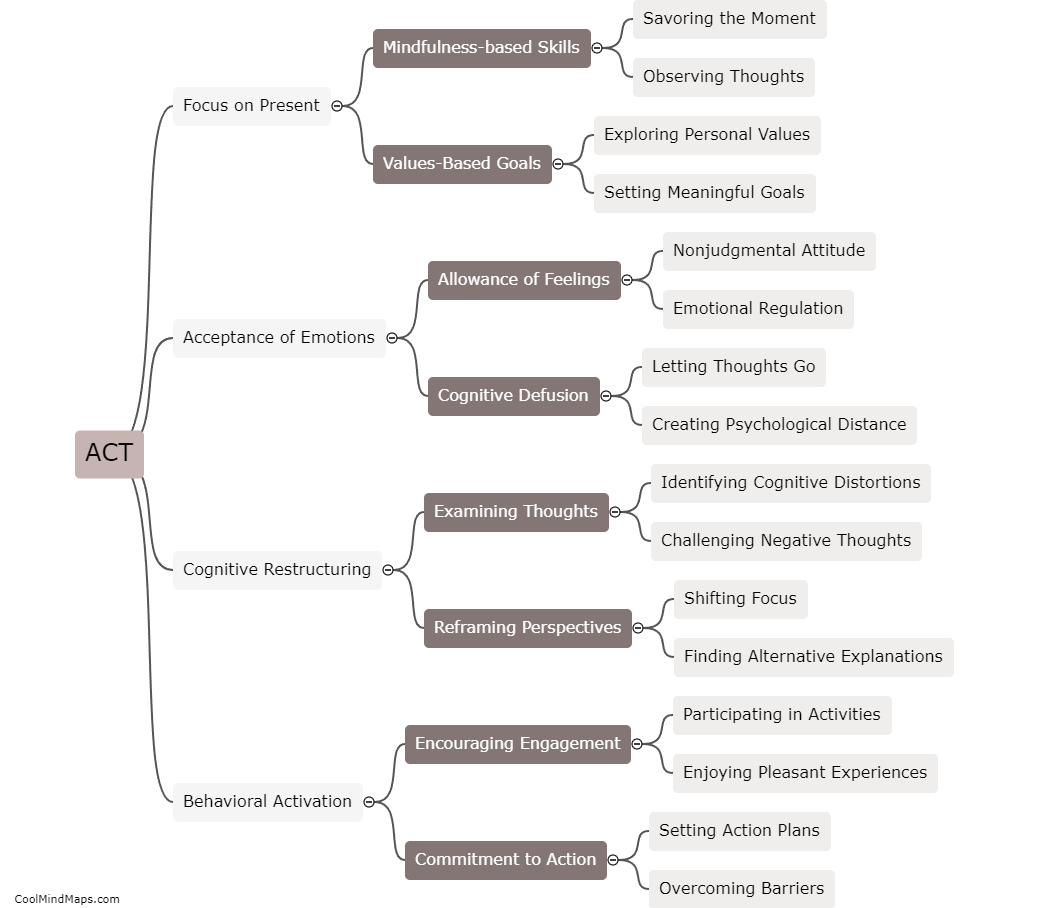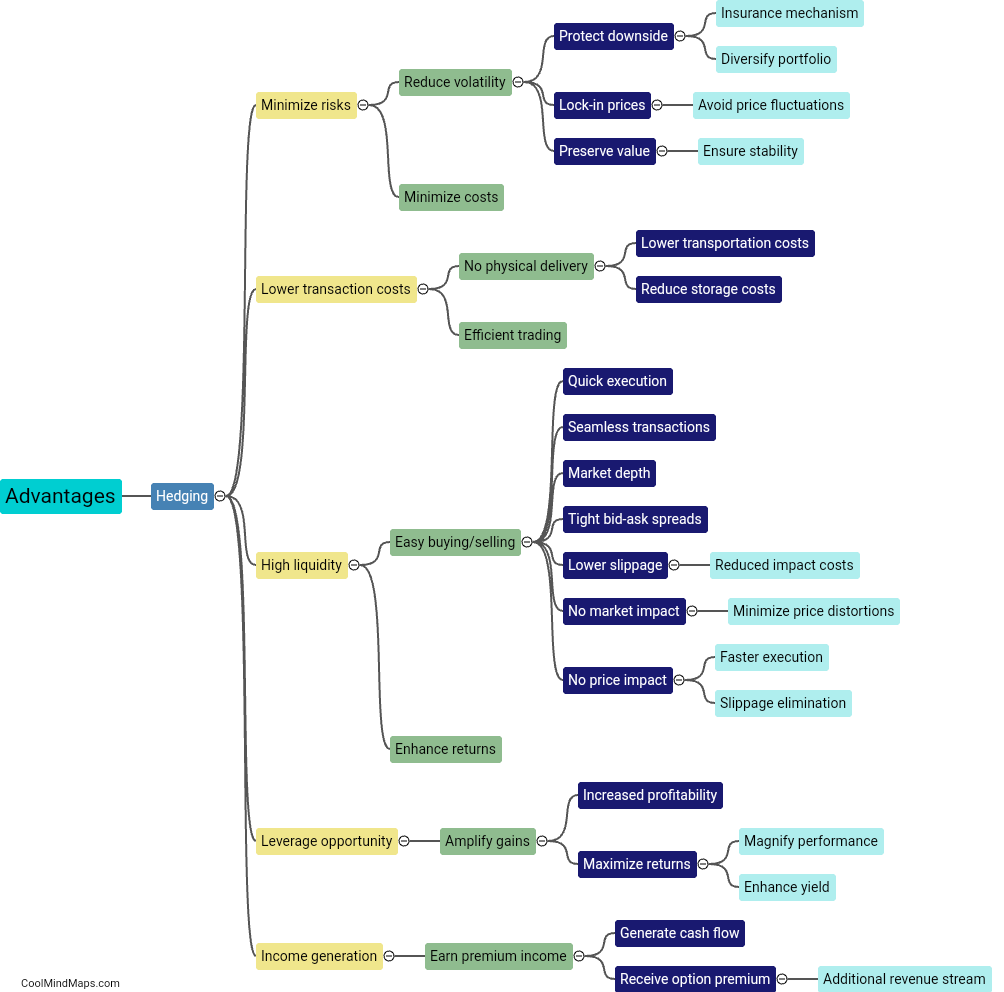How can ACT be used with informal caregivers?
ACT (Acceptance and Commitment Therapy) can be a useful therapeutic approach when working with informal caregivers who are providing care to their loved ones. Informal caregivers, such as family members or close friends, often face unique challenges and stressors in their caregiving roles. ACT can be used to help these caregivers navigate difficult emotions, such as guilt, frustration, and burnout, that commonly arise in caregiving situations. By teaching caregivers to accept their thoughts and feelings without judgment, ACT can empower them to focus on their values and commit to actions that align with those values. This can help caregivers develop resilience, improve their self-care practices, and find greater satisfaction and meaning in their caregiving role. Additionally, ACT can assist caregivers in setting boundaries, practicing effective communication, and managing their own well-being, leading to better overall caregiver outcomes and improved quality of care for their loved ones.
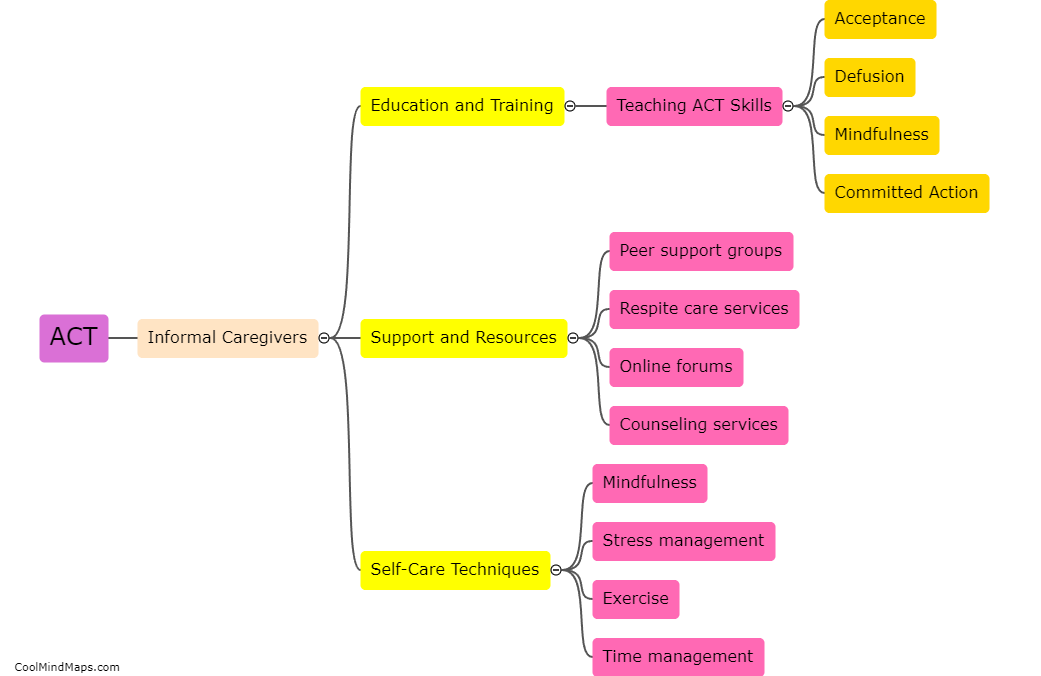
This mind map was published on 22 January 2024 and has been viewed 97 times.



